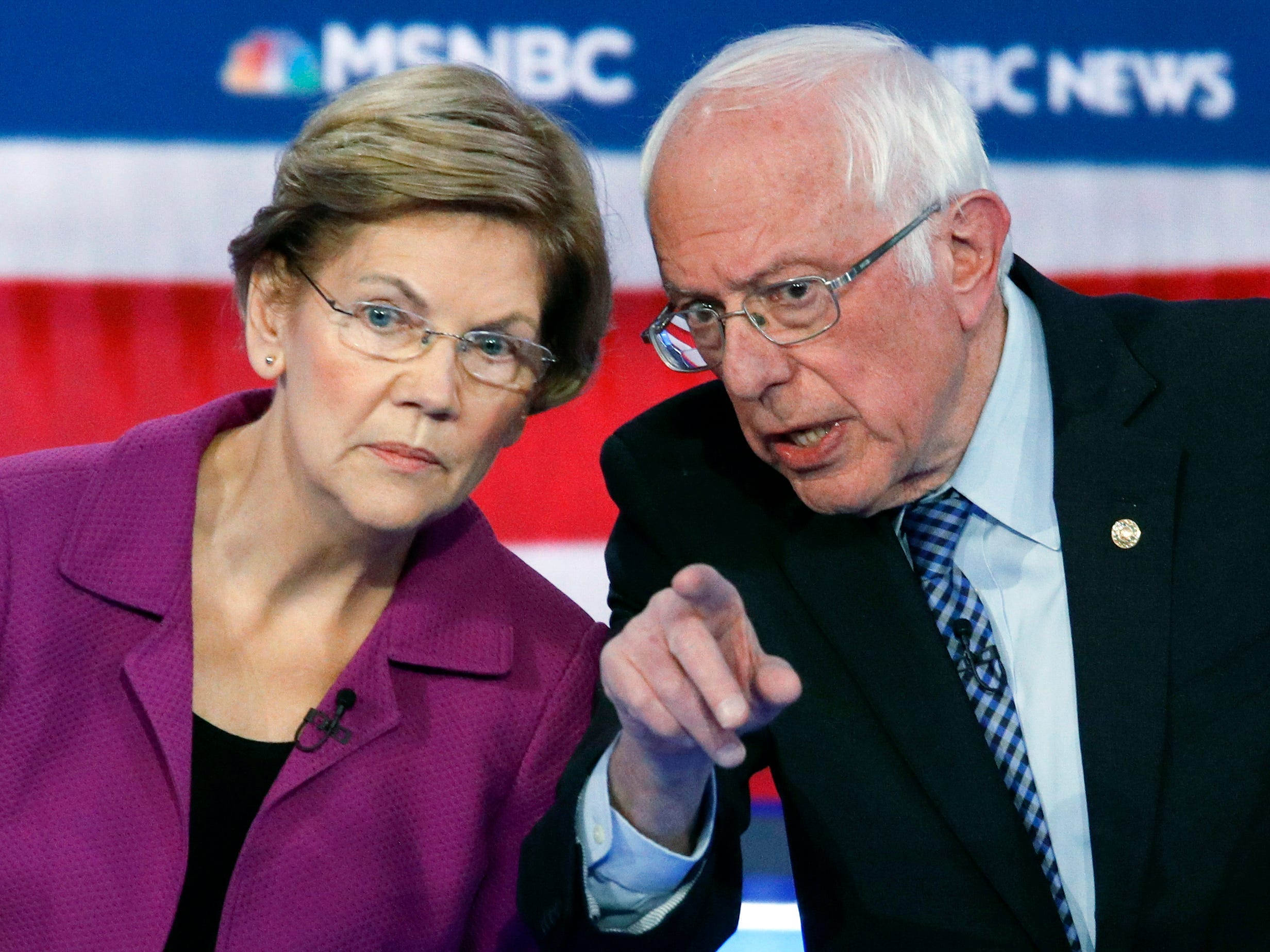A group of Democratic senators has initiated an investigation into the Federal Housing Finance Agency (FHFA) Director William Pulte concerning a controversial plan to include cryptocurrency as an asset in mortgage lending assessments. The proposal, which aims to allow Fannie Mae and Freddie Mac to consider cryptocurrency when determining mortgage risk, has drawn criticism from lawmakers due to the inherent volatility of digital assets.
In June 2023, Pulte outlined his vision for incorporating cryptocurrency into the mortgage landscape, suggesting that it could be counted as a valid asset for single-family home loans. While the idea has garnered support from some Republican policymakers, it has raised significant alarms among several key Democratic senators, including Jeff Merkley, Elizabeth Warren, Bernie Sanders, Chris Van Hollen, and Mazie K. Hirono.
Concerns Over Market Stability
In a letter addressed to Pulte, the senators expressed their apprehensions regarding the proposal, particularly highlighting the instability of the cryptocurrency market. They referenced the lessons learned from the 2008 financial crisis, warning that allowing such a “lightly regulated and highly volatile investment asset” to influence the housing market could jeopardize economic stability.
“The 2008 crisis proved that lax financial practices around risky investments can blow up the housing market—and hardworking families in Oregon and across the country paid the price,” said Senator Merkley. “Crypto poses serious risks to the stability of the housing market. This is a risk we must address.”
The letter also cited a report from Fannie Mae, which indicated that listing cryptocurrency, private coins, and stablecoins as collateral was one of the “least appealing applications” for blockchain technology. The senators scrutinized a specific component of Pulte’s plan that suggests cryptocurrency can be considered an asset without requiring conversion to traditional currency.
“Expanding underwriting criteria to include the consideration of unconverted cryptocurrency assets could pose risks to the stability of the housing market and the financial system,” the letter warned.
Volatility and Liquidity Risks
The lawmakers further addressed the liquidity challenges associated with cryptocurrencies, noting that markets for these assets are not as well-established or liquid as those for traditional investments. A report from the Corporate Finance Institute highlighted that the cryptocurrency market is “far from being as large and liquid as other financial markets that professional investors would normally participate in.”
The senators argued that persistent volatility could leave borrowers in precarious situations, unable to convert their crypto assets to cash during critical moments. “A borrower using crypto faces an increased risk that they may not be able to exit a crypto position and convert to cash at a price that would allow them to buffer against risk of mortgage default,” they stated.
Additionally, the letter raised concerns about potential conflicts of interest involving the Trump administration and other officials with connections to the cryptocurrency market. The senators suggested that such conflicts could “unduly influence their proposals” regarding housing finance policies.
“You are the current Chair of each Board, and you have stacked the Boards with members who represent FHFA personnel and your industry allies,” they pointedly addressed Pulte.
As this inquiry unfolds, the implications of Pulte’s plan could have significant ramifications for both the housing market and the broader financial system. The increasing involvement of cryptocurrency in traditional finance continues to spark intense debate among policymakers, industry experts, and consumer advocates alike.








































































